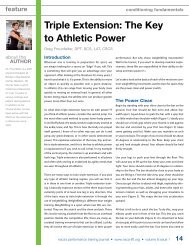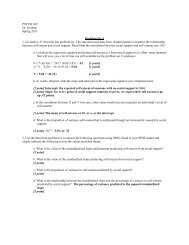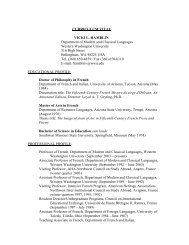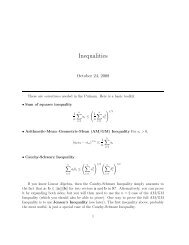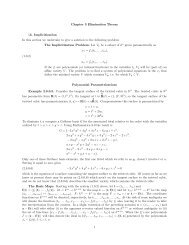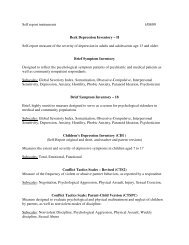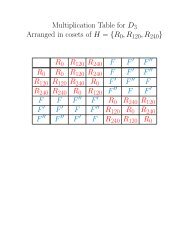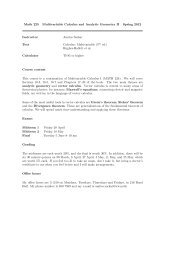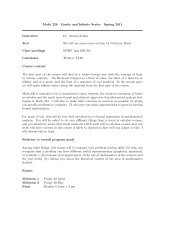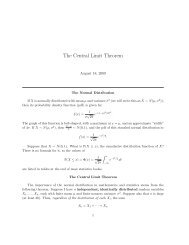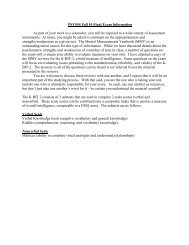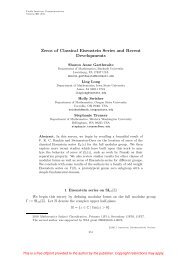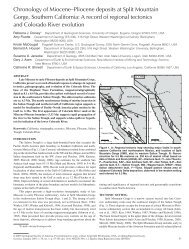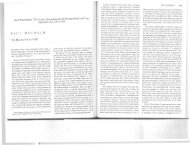Can There Be A Knowledge-First Ethics of Belief? - Western ...
Can There Be A Knowledge-First Ethics of Belief? - Western ...
Can There Be A Knowledge-First Ethics of Belief? - Western ...
You also want an ePaper? Increase the reach of your titles
YUMPU automatically turns print PDFs into web optimized ePapers that Google loves.
justified to believe and withhold belief on. To my ear, “should believe” talk<br />
expresses the same issues more naturally than “propositional justification”<br />
talk, and so I will stick to the former.<br />
2 Identity Theories<br />
Our task is to build a knowledge-first theory <strong>of</strong> what we should believe<br />
and what we should withhold belief on. The most straightforward way to<br />
discharge this task is to simply identify what we should believe with what we<br />
know. Timothy Williamson comes close to advocating such an identification<br />
in the following passage:<br />
. . . the fundamental rule <strong>of</strong> assertion is that one should assert<br />
p only if one knows p. . . more speculatively, we may project the<br />
account <strong>of</strong> assertion back on to its mental counterpart, judgment<br />
(or belief). What results is the rule that one should judge (or<br />
believe p) only if one knows p. 2<br />
Similarly, Jonathan Sutton argues at length that<br />
One must: believe p only if one knows p. 3<br />
Notice the colon after the “must”. It’s important; it specifies that the “must”<br />
has wide scope ranging over the entire rest <strong>of</strong> the sentence. Contrast this<br />
wide-scope view with<br />
One must believe p only if: one knows p.<br />
This view gives the “must” narrow scope ranging only over “believe p”.<br />
To start to see the differences between the two views, consider the moral<br />
principle “you should, if you kill an animal, kill it humanely”. On at least<br />
one reading, this principle is uncontroversial. But we should be clear on the<br />
what the relevant reading is. Suppose that we read the principle as giving<br />
its “should” narrow scope. Then the principle amounts to:<br />
3



